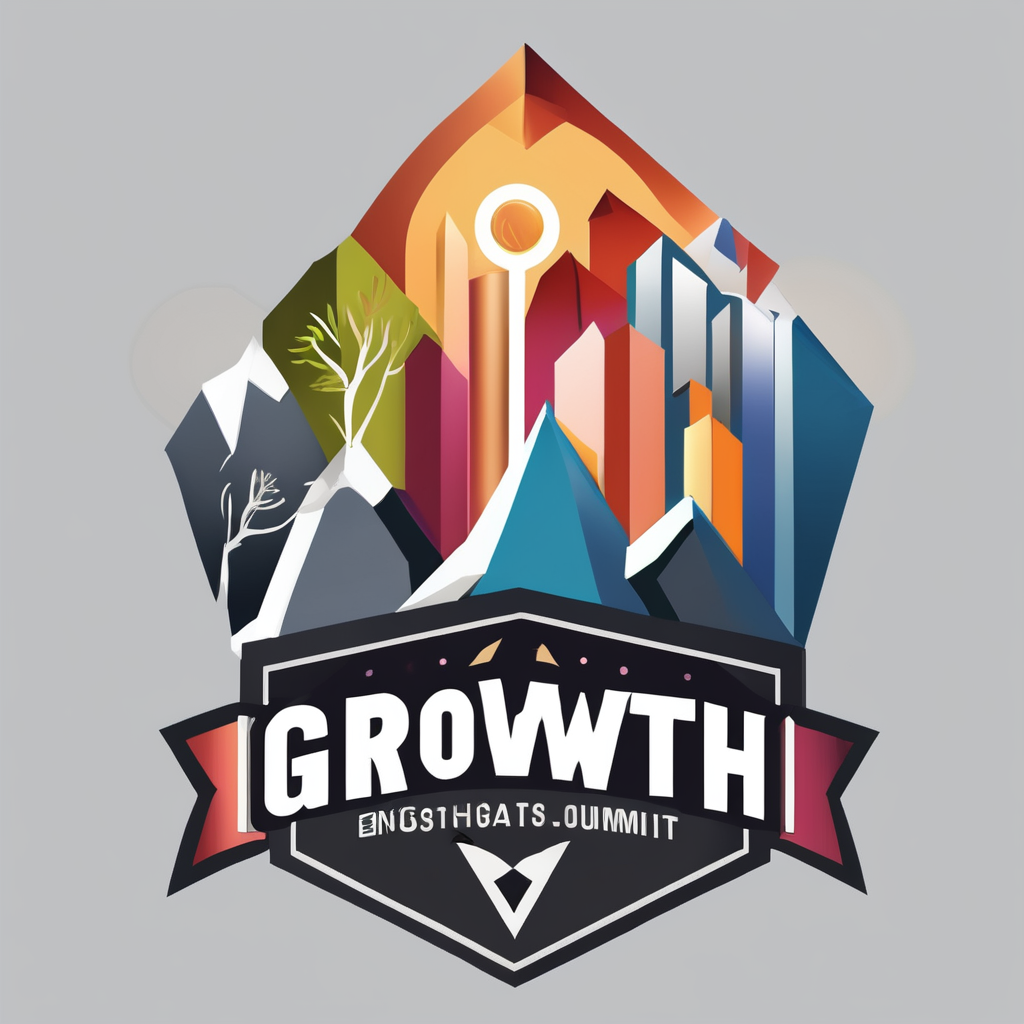Lead generation in the UK B2B landscape requires innovative strategies to stand out. Traditional methods alone no longer cut it; companies must adapt to an evolving marketplace. Embracing data-driven insights, leveraging technology, and crafting compelling narratives can significantly enhance engagement and conversion rates. Uncover the top strategies that successful UK B2B companies are implementing to attract and convert leads effectively. This guide will empower your business with actionable insights to elevate your lead generation efforts.
Understanding Lead Generation in the UK B2B Market
In the dynamic B2B market, lead generation is a crucial process. It involves identifying and cultivating potential customers for a business’s products or services. The importance of lead generation in the UK cannot be overstated, as it directly impacts a company’s growth and profitability.
Additional reading : Maximizing Project Success: Leveraging Agile Methodologies for UK IT Companies
Current Trends Impacting Lead Generation in the UK
The UK B2B market is experiencing several trends that are reshaping lead generation strategies. Digital transformation is at the forefront, with businesses leveraging technologies like AI and data analytics to enhance their lead generation efforts. This shift allows for more personalised and targeted approaches, increasing the chances of converting prospects into clients. Moreover, the rise of social media platforms as a lead generation tool is notable, enabling businesses to engage with potential leads more interactively.
Key Differences Between B2B and B2C Lead Generation
Understanding the distinction between B2B and B2C lead generation is essential. B2B lead generation typically involves a longer sales cycle, as decisions are often made by multiple stakeholders. In contrast, B2C lead generation focuses on individual consumers, often requiring quicker decision-making processes. Additionally, B2B marketing strategies tend to be more relationship-driven, emphasising long-term partnerships.
Also to read : Revolutionizing Case Management: Strategies for UK Law Firms to Harness AI for Enhanced Efficiency
Effective Digital Marketing Strategies for B2B Lead Generation
In the realm of digital marketing B2B, content marketing plays a pivotal role in generating leads. By creating valuable, relevant content, businesses can attract and engage their target audience, ultimately driving them towards conversion. High-quality content not only positions a company as an industry authority but also nurtures relationships with potential clients over time.
Social media strategies are equally crucial for B2B outreach. Platforms like LinkedIn, Twitter, and Facebook offer unique opportunities for businesses to connect with prospects in a more personalised manner. By sharing insightful content and participating in industry discussions, companies can increase their visibility and establish credibility within their sector.
Furthermore, leveraging SEO is essential for enhancing visibility and capturing leads. By optimising website content for search engines, businesses can ensure that they appear prominently in search results when potential clients are seeking solutions. This increased visibility can lead to higher traffic and, consequently, more lead generation opportunities.
In summary, a well-rounded digital marketing strategy that incorporates content marketing, social media strategies, and SEO can significantly boost lead generation efforts. By focusing on these elements, businesses can effectively reach and convert their target audience in the competitive B2B landscape.
The Role of Data Analytics in Enhancing Lead Generation
In the evolving landscape of lead generation, data analytics plays a pivotal role in refining strategies and improving outcomes. By harnessing the power of data, businesses can gain a deeper understanding of their target audiences, allowing for more precise targeting and engagement.
Utilising Data Analytics to Identify Target Audiences
Data analytics enables businesses to dissect vast amounts of information to pinpoint the most promising prospects. By analysing customer behaviour, preferences, and engagement patterns, companies can tailor their marketing efforts to resonate with specific segments. This approach not only enhances the efficiency of lead generation but also increases the likelihood of conversion.
Key Performance Metrics for Measuring Lead Generation Success
To gauge the effectiveness of lead generation efforts, businesses must track key performance metrics. These include conversion rates, cost per lead, and return on investment (ROI). By monitoring these metrics, companies can assess the success of their strategies and make informed adjustments to optimise performance.
Recommended Tools for B2B Companies in the UK
Several lead generation tools are recommended for B2B companies aiming to leverage data analytics. Tools like HubSpot, Marketo, and Salesforce provide comprehensive analytics capabilities, enabling businesses to track performance metrics and refine their strategies effectively. By integrating these tools, companies can enhance their lead generation processes and drive growth.
Nurturing Leads: Strategies to Convert Prospects into Customers
In the competitive B2B landscape, lead nurturing is essential for converting prospects into loyal customers. This process involves engaging potential clients through tailored communication and strategic interactions.
Techniques for Effective Lead Nurturing
To nurture leads effectively, businesses must focus on personalised communication. This means understanding the unique needs and preferences of each prospect and crafting messages that resonate with them. Techniques such as segmenting leads based on behaviour and interests allow for more targeted engagement. Automated email campaigns can also be used to provide timely and relevant content, keeping potential customers informed and interested.
Importance of Personalised Communication in B2B
In B2B, decisions are often made by multiple stakeholders, making personalised communication crucial. By addressing the specific concerns and objectives of each decision-maker, businesses can build trust and demonstrate their value proposition more effectively. This approach not only enhances customer engagement but also increases the likelihood of successful conversion.
Case Studies of Successful Lead Conversion Strategies
Several companies have demonstrated the power of effective conversion strategies. For instance, a tech firm increased its conversion rate by implementing a comprehensive lead nurturing campaign that included personalised webinars and targeted follow-ups. Such strategies highlight the importance of understanding and addressing the unique needs of each prospect.
Overcoming Common Challenges in B2B Lead Generation
Navigating the B2B lead generation landscape in the UK can be fraught with challenges. Identifying common pitfalls is crucial for businesses aiming to refine their strategies and boost success rates.
Identifying Common Pitfalls in Lead Generation
One prevalent lead generation challenge is the difficulty in reaching decision-makers. In B2B settings, decisions often involve multiple stakeholders, complicating communication channels. Additionally, maintaining data accuracy is a persistent issue, as outdated or incorrect information can lead to ineffective targeting.
Strategies to Overcome Challenges in the UK Market
To address these B2B obstacles, businesses should focus on building robust data management systems. Employing advanced CRM tools can help maintain up-to-date information, ensuring precise targeting. Moreover, adopting a multi-channel approach can increase the likelihood of reaching key decision-makers. This includes leveraging email, social media, and direct outreach to enhance engagement.
Insights from Successful B2B Companies
Successful B2B companies often demonstrate agility in their lead generation strategies. By continuously analysing market trends and customer behaviour, they can swiftly adapt their approaches. For instance, some firms have achieved notable success by integrating AI-driven analytics to personalise outreach efforts, thereby overcoming traditional barriers in lead generation.
Implementing CRM Systems to Streamline Lead Management
In the UK B2B market, CRM systems are pivotal for enhancing lead management. These tools facilitate the organisation and analysis of customer data, enabling businesses to streamline their customer relationship management efforts. By centralising information, CRM systems provide a comprehensive view of customer interactions, aiding in more effective decision-making.
Integrating CRM into lead generation strategies involves several best practices. Firstly, aligning CRM functionalities with business goals is crucial. This ensures that the system supports specific lead management objectives. Secondly, training staff to utilise CRM tools effectively is essential for maximising their potential. Employees should be familiar with features such as automated workflows and data analytics, which can significantly enhance lead management efficiency.
Examples of effective CRM usage in UK B2B companies highlight the transformative impact of these systems. For instance, a financial services firm implemented a CRM system to automate follow-up processes, resulting in a 30% increase in lead conversion rates. Another example is a manufacturing company that used CRM analytics to identify high-value prospects, improving their targeting precision.
Incorporating CRM systems into lead management not only streamlines processes but also enhances customer engagement, ultimately driving growth in the competitive B2B landscape.
Future Trends in B2B Lead Generation in the UK
As the B2B landscape evolves, future trends in lead generation are set to redefine the market. Businesses must adapt to these changes to remain competitive and meet evolving consumer expectations.
Emerging Technologies and Their Impact
Emerging technologies like artificial intelligence (AI) and machine learning are significantly impacting B2B innovations. These technologies enable companies to automate processes, enhance data analysis, and deliver personalised experiences. AI-driven chatbots, for instance, can engage with potential leads 24/7, providing instant responses and gathering valuable data. This automation not only improves efficiency but also ensures a seamless customer experience.
Predictions for the Future of B2B Marketing Strategies
The lead generation evolution will likely see a shift towards more integrated and customer-centric strategies. Predictive analytics will play a crucial role, allowing businesses to anticipate customer needs and tailor their marketing efforts accordingly. Additionally, the use of virtual and augmented reality in showcasing products or services is expected to grow, offering immersive experiences that can captivate potential clients.
Preparing for Changes in Consumer Behaviour
Understanding and preparing for changes in consumer behaviour is vital. As digital natives become decision-makers, expectations for quick, digital-first interactions will rise. Businesses should focus on creating agile marketing strategies that can quickly adapt to these shifts, ensuring sustained engagement and conversion.











